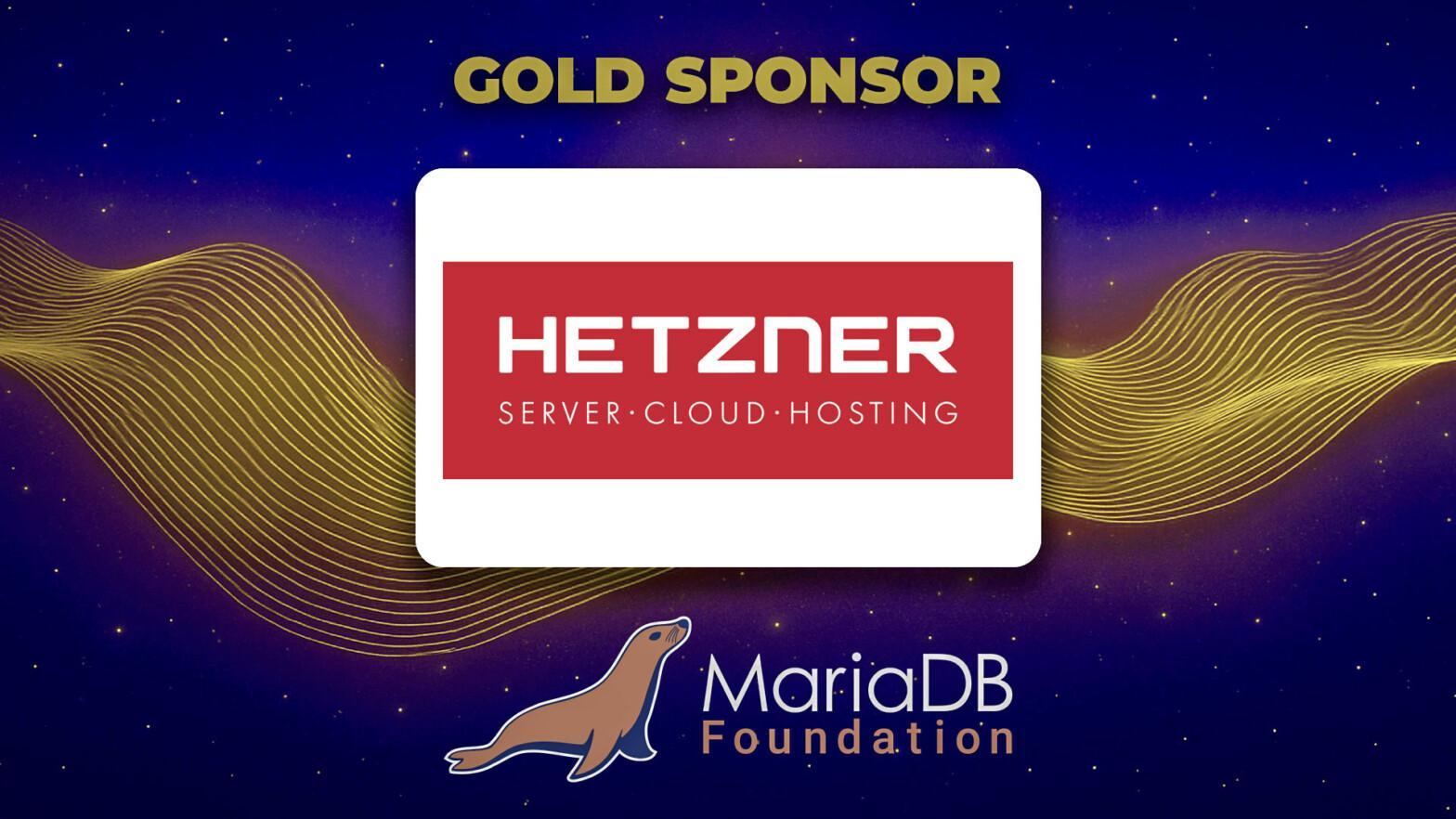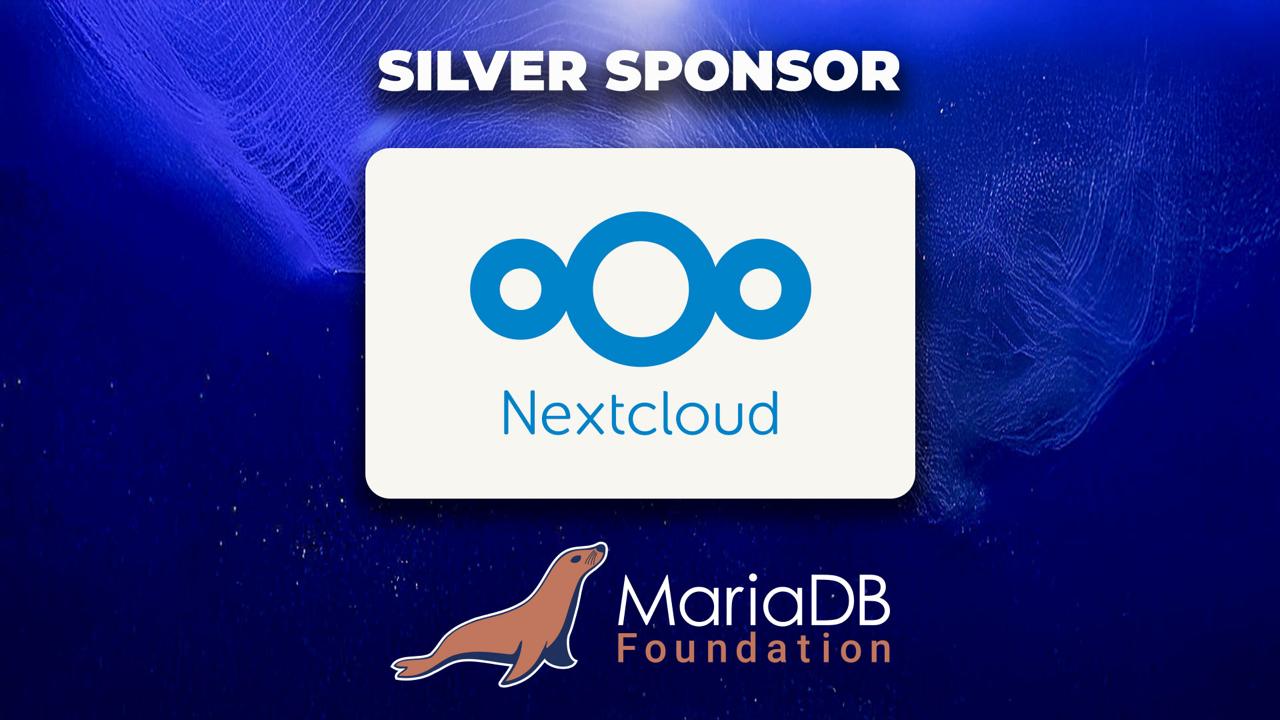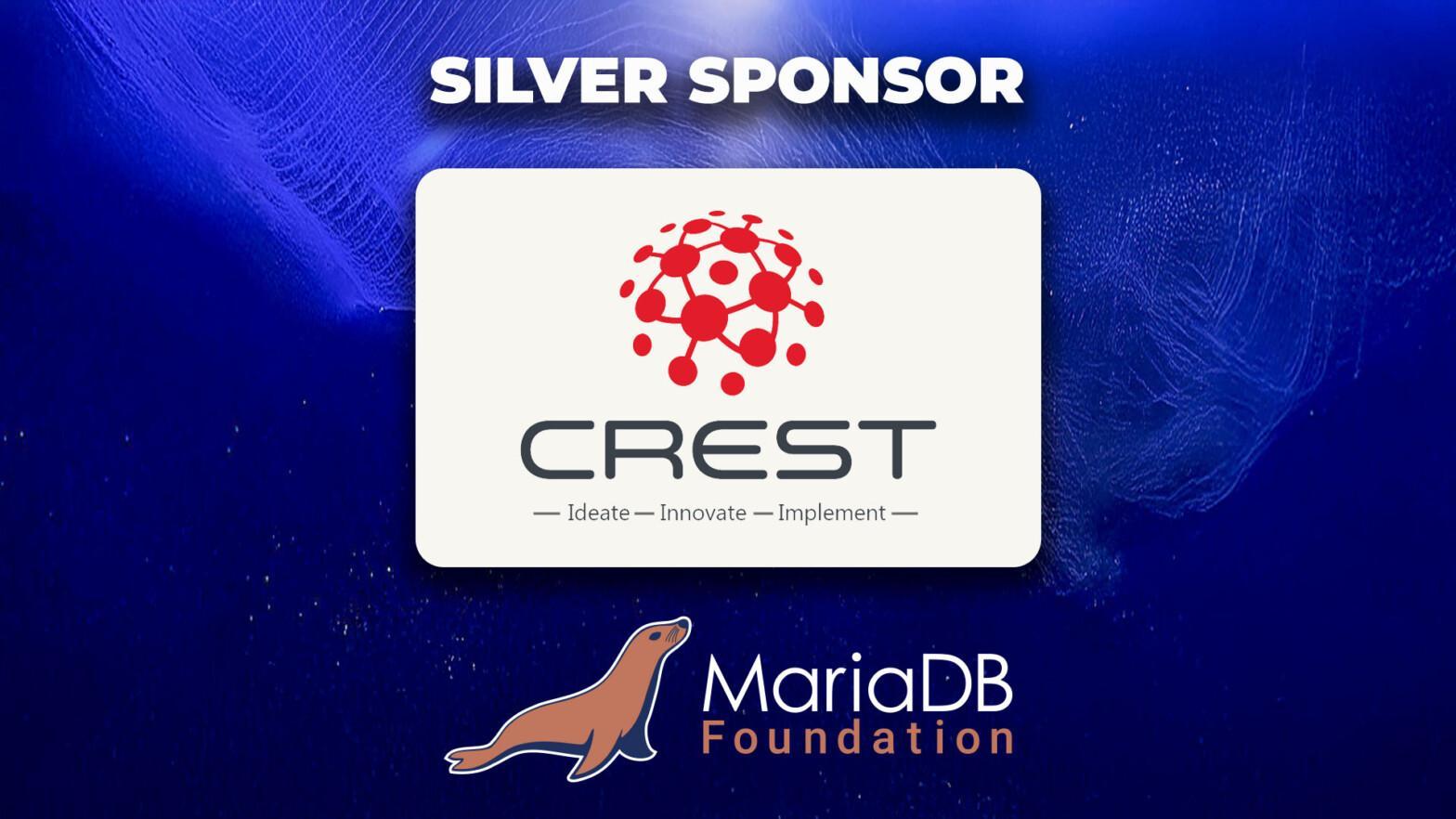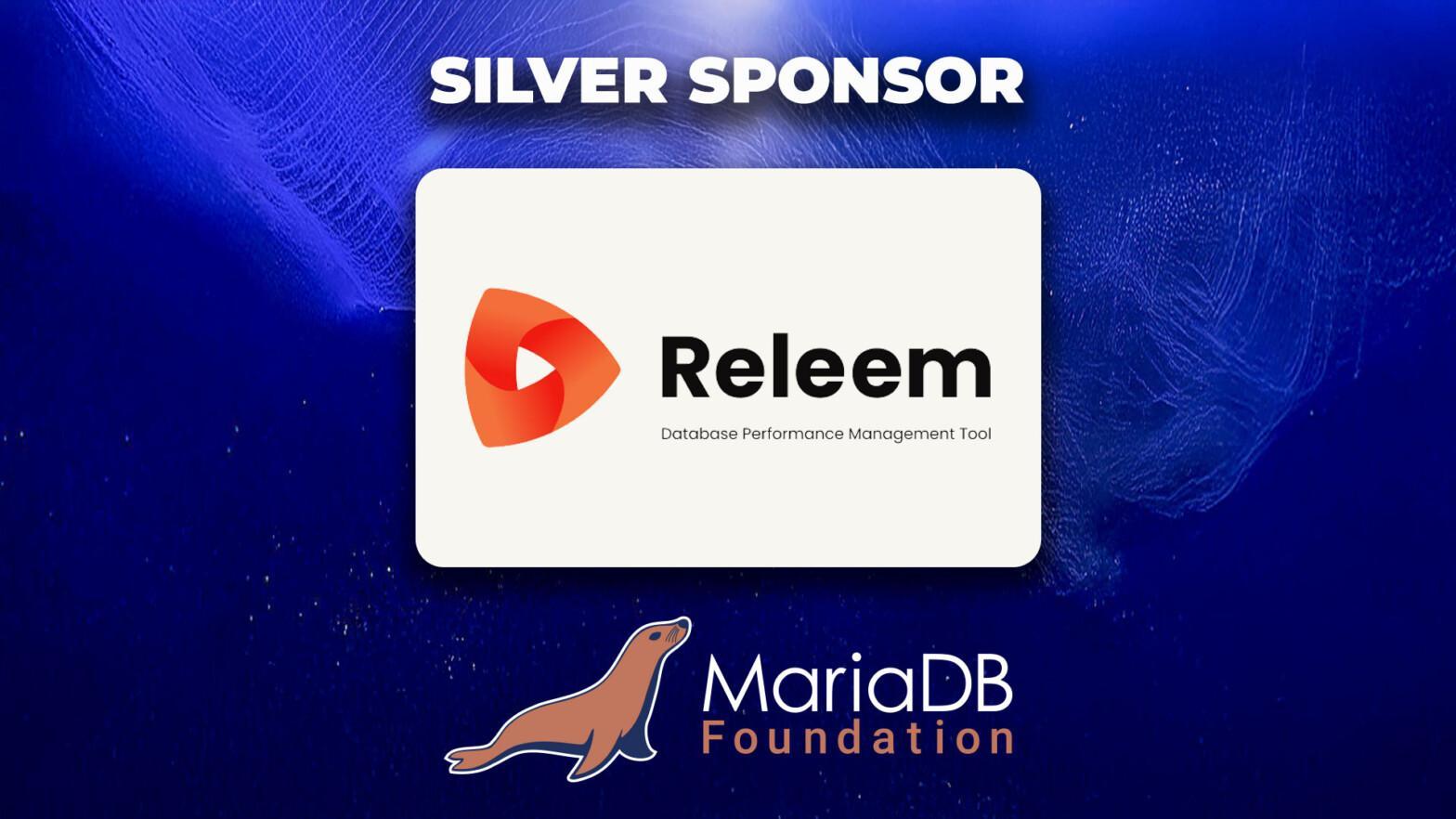At some point, nearly every developer encounters a common challenge: working with deeply nested JSON only to run into an arbitrary depth limit imposed by the database. In our case, that hard cap was set at 32 levels — sufficient for many scenarios but too restrictive for more complex or dynamic data structures. To address this, we decided to remove the limitation entirely.
The database now supports JSON documents and JSON paths with virtually unlimited nesting! This change unlocks the ability to work with more flexible and expressive data models without forcing developers to restructure or flatten their data.
…
Continue reading “Make JSON DEPTH unlimited – new feature in MariaDB 12.1”
One of the standout features of Oracle PL/SQL is the associative array — a versatile and efficient in-memory data structure that developers rely on for fast temporary lookups, streamlined batch processing, and dynamic report generation.
With the MariaDB 12.1 preview release, we’re excited to announce that associative arrays have landed in MariaDB as part of our growing set of Oracle compatibility features. This milestone, tracked under MDEV-34319, brings Oracle-style associative arrays into the MariaDB procedural language — complete with native type declarations, variable construction, and method support.
Let’s explore what’s included, what’s different, and how this feature was implemented from the ground up.
…
Continue reading “Bringing Oracle’s Associative Arrays to MariaDB”
We are delighted to welcome Hetzner as a Gold Sponsor of the MariaDB Foundation!
Hetzner’s exceptional commitment to supporting our infrastructure has a direct and strategic impact on our operations. In particular, their sponsorship enables us to maintain and expand our Buildbot system — the backbone of testing and verifying MariaDB Server across platforms, architectures, and configurations. You can explore it live here: https://mariadb.org/mariadb-buildbot.
Building MariaDB, Bit by Bit
Buildbot is essential to the MariaDB Foundation’s mission.
…
We are proud to welcome Nextcloud GmbH to the MariaDB Foundation sponsor family as a Silver Sponsor. As the world’s most popular privacy-focused platform for secure file sharing, collaboration, and communication, Nextcloud stands as a pillar of digital sovereignty — a value that resonates deeply with MariaDB Foundation’s mission.
Built in Europe, trusted worldwide, Nextcloud is a champion of user-controlled data. By supporting MariaDB Foundation, Nextcloud affirms its commitment to a fully open, auditable, and sovereign technology stack—empowering users, businesses, and governments to stay in control of their data and avoid vendor lock-in.
…
We are pleased to announce the availability of a preview of the MariaDB 12.1 series. MariaDB 12.1 will be a rolling release.
MariaDB 12.1 introduces numerous new features, in particular
Performance improvements
- Segmented key cache for Aria (MDEV-24)
- MDL scalability improvements (MDEV-19749)
- Parallel replication for galera replicas (MDEV-20065)
- Buffered logging for audit plugin (MDEV-34680)
- Faster vector distance calculations via extrapolation (MDEV-36205)
Compatibility features
- caching_sha2_password plugin (MDEV-9804)
- ( + ) for outer join syntax (MDEV-13817)
- rpl_semi_sync_master_wait_for_slave_count (MDEV-18983)
- Associative arrays: DECLARE TYPE ..
…
Accelerating Digital Transformation Through Open Source Innovation
The MariaDB Foundation is proud to welcome Crest Infosolutions LLC as a Silver Sponsor, marking a significant step forward in fostering enterprise-grade open-source adoption. This partnership underscores Crest’s mission to deliver robust, secure, and scalable technologies that empower global organizations to thrive in the era of digital transformation.
Driving Open Source Adoption Across Enterprises
Crest Infosolutions brings over a decade of experience in delivering open-source excellence to its clients. Crest is already a long-standing partner of MariaDB plc and, by joining the MariaDB Foundation’s ecosystem of supporters, Crest reinforces its long-standing commitment to open technologies, developer collaboration, and sustainable innovation.
…
Continue reading “Crest Infosolutions LLC Joins MariaDB Foundation as Silver Sponsor”
At the MariaDB Foundation, we’re constantly engaging with users, partners, and collaborators to understand how MariaDB fits into their infrastructure—and what we can do better. A recent conversation between our Executive Chairman Kaj Arnö and Renato Furter from Switch.ch, Switzerland’s national research and education network, revealed valuable insights into open source adoption, digital sovereignty, and collaboration across European academia.
From MySQL to MariaDB: Why Switch Made the Move
Switch has been a MariaDB user for years. Their journey began with MySQL, like many institutions in academia. But when Oracle’s roadmap grew increasingly opaque and development around MySQL 5.7 stagnated, the Switch team made a practical decision: migrate to MariaDB.
…
We’re delighted to welcome Releem as the newest Silver Sponsor of the MariaDB Foundation!
Releem is a database performance management platform that helps teams ensure consistent and reliable database performance through continuous profiling, configuration tuning, and SQL query optimization. It brings together everything needed to streamline monitoring and performance improvements — all in one place.
With support for MariaDB, MySQL, Percona, and AWS Aurora, Releem works seamlessly across on-premise deployments (Linux, Docker, Kubernetes) and cloud-managed environments such as AWS RDS.
“We built Releem to simplify database performance management and eliminate the guesswork from tuning and optimization.
…




